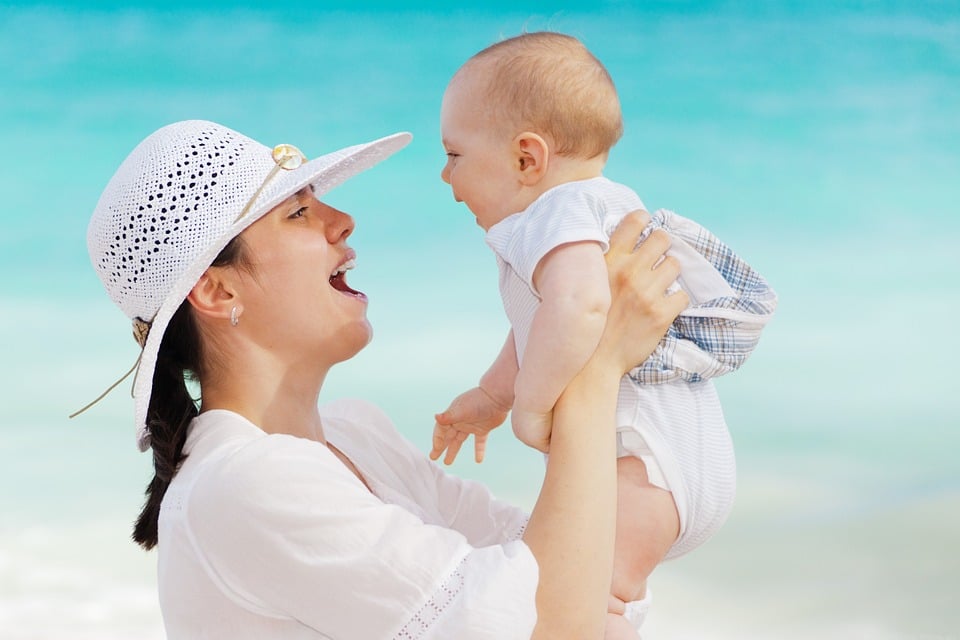It is official; babies love their language. According to a study conducted by UCLA’s Language Acquisition Lab and 16 labs, babies pay extra attention to baby talk conversations or sing songs than regular speech. It does not matter the language they are used to; the response is the same. The study also showed that babies, even babies exposed to two languages, were more interested in baby talk.
For some time now, parents have been worried that teaching their babies two languages could slow down their speech development, but according to the study, bilingual babies are on the right track.
Monolingual or Bilingual
According to Megha Sundara, a UCLA linguistics professor and director of the Language Acquisition Lab, the development of learning and attention is similar in infants, whether they are learning one or two languages. She also adds that learning a language earlier helps the learner learn it better.
This study was conducted in 17 labs and across 4 continents. The researchers observed 384 monolingual babies and 333 bilingual babies from 6 to 9 months and 12 to 15 months. Each baby sat on the parent’s lap while a recording of their mother would be played. The recording was in English and would be either adult-directed or infant-directed speech. These recordings would be played from different speakers in the room. A computer would track how long each baby looked towards the direction of a particular speaker. The longer they looked, the stronger the baby’s preference.
The study also revealed that babies preferred English baby talk whether they had been exposed to the language. According to Sundara, this could be as a result of the English language having the most exaggerated forms.
“Baby talk has a slower rate of speech across all languages, with more variable pitch, and it’s more animated and happier,” she said. “It varies mainly in how exaggerated it is.” Sundara said.
According to this study, 6- to 9-month-old babies whose mothers were highly educated preferred baby talk, unlike their counterparts whose mothers were not highly educated. This result is attributed to something the researchers suspect has to do with more baby talk time by the mother who had higher levels of education.


